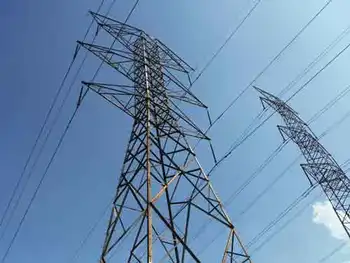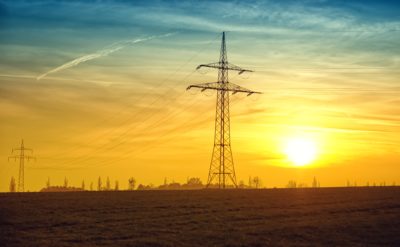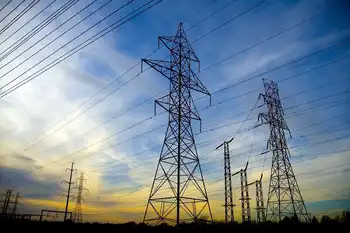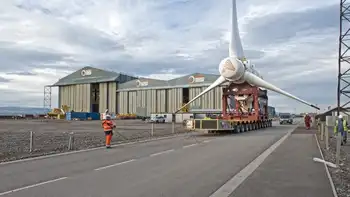Coal denial bad news for wind energy
TOPEKA, KANSAS - Big, breezy and relatively flat, Kansas is seen as one of the top states in the country for potential wind-generated electricity.
But efforts to increase wind power have been hurt by the rejection of the two coal-fired plants in western Kansas, supporters of the plants say.
Lt. Gov. Mark Parkinson, however, calls that assertion a "total myth." Last month, Kansas Department of Health and Environment Secretary Roderick Bremby rejected the $3.6 billion plants, citing health and environmental concerns over the projected emissions of 11 million tons of climate-changing carbon dioxide per year.
About 85 percent of the plants' electricity would have been sold to out-of-state customers. The project proposal by Hays-based Sunflower Electric Power Corp. would have included transmission lines that also could have transported power produced by wind turbines. The transmission lines are not economically feasible to build without the foundation of less expensive coal-fired power, the plants' supporters say.
"Regional transmission development will suffer if our project dies," said Earl Watkins Jr., president and chief executive officer of Sunflower Electric. "No one, and I repeat, no one will build new transmission to Colorado.
"And what right-minded utility in Colorado, Oklahoma or Texas would invest in or buy wind power from Kansas after being told to take their projects back home? Coloradans will buy Colorado wind, Oklahomans will buy Oklahoma wind, and Texans will buy Texas wind," Watkins said.
But Parkinson said that since the rejection of the plants, two transmission lines have been approved. One of those is a line proposed by Lawrence-based ITC Great Plains. The 180-mile high voltage line would run from Spearville, near Dodge City, southeast to Comanche County, and then northeast to Wichita.
Gov. Kathleen Sebelius praised the proposal, saying, "These new transmission lines will help our state harness wind potential and provide short- and long-term investment in our communities." Parkinson said Kansas needs transmission lines to move power from western Kansas to the east, not in the other direction.
He said western states, such as Colorado, will not import Kansas wind power because they can generate their own. Kansas' opportunity to sell wind power is in the southeastern part of the United States, "which virtually has no wind resource," he said.
But state Rep. Tom Sloan, R-Lawrence, a national-level expert on energy, said Parkinson was wrong.
"I go to a lot of meetings on wind energy, and I haven't seen a big market down there," in the southeastern United States, Sloan said. Sloan said a great market potential for Kansas wind power is in the opposite direction: California. And, he said, to economically justify a transmission line to carry power westward from western Kansas requires "anchor generation," such as coal, nuclear or natural gas.
Sunflower's Watkins said wind power can serve as a component of an energy portfolio, but because it is an intermittent resource, "it cannot serve base-load requirements."
About 3 percent of Kansas electricity today comes from wind power, mostly from three large-scale wind farms. Because of Kansas' size, high winds and relatively flat lands, especially in western Kansas, experts say the state should be one of the nation's leaders in wind energy.
Sebelius has set goals of increasing wind power to 10 percent of total electric use in Kansas by 2010 and 20 percent by 2020.
Related News

NEW Hydro One shares down after Ontario government says CEO, board out
TORONTO - Hydro One Ltd. shares slid Thursday with some analysts sounding warnings of greater uncertainty after the new Ontario government announced the retirement of the electrical utility's chief executive and the replacement of its board of directors.
After sagging by almost eight per cent in early trading on the Toronto Stock Exchange, shares of the company were later down four per cent, or 81 cents, at $19.36 as of 11:42 a.m. ET.
On Wednesday, after stock markets had closed for the day, Ontario Premier Doug Ford announced the immediate retirement of Hydro One CEO Mayo Schmidt. He leaves with a $400,000…




